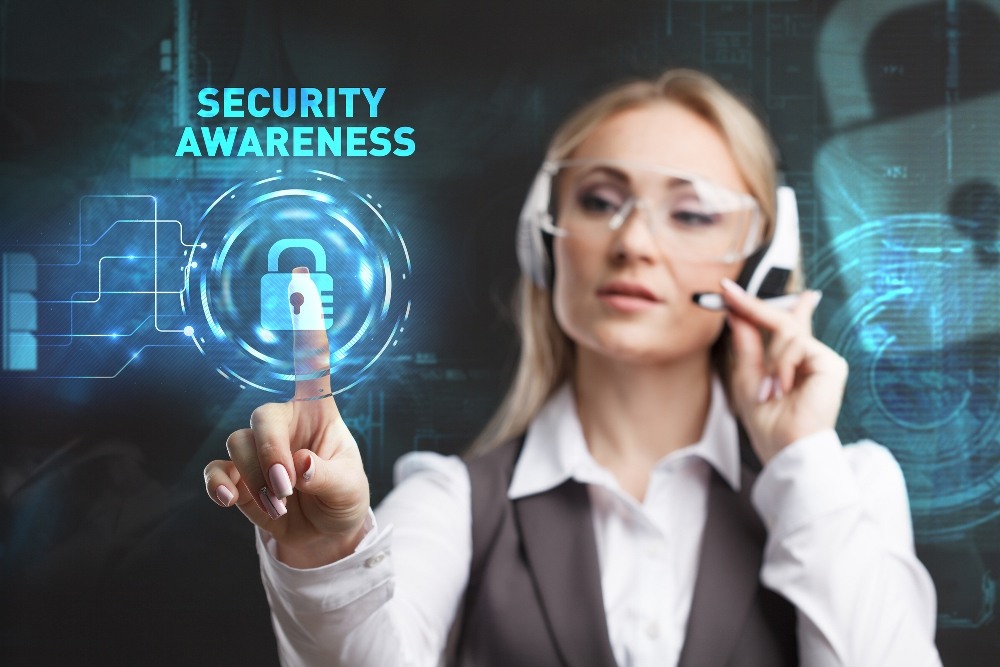Building Cyber Security Awareness in the Workplace
Importance
The digital landscape has changed significantly over the last few years, and criminals are taking full advantage of this. New tech has made it possible for employees to work remotely and to use their personal devices.

This has made things easier for employees who prefer to work flexible hours, but it’s also made it easier for cybercriminals. Your office systems might be extremely secure when it comes to hacking attempts, but how secure are your employee’s devices?
More importantly, how aware are they of the importance of cybersecurity? Do they understand how to recognise a phishing attack? Moreover, are they naively going to click on a link in an email? Also, before you say something like, “Phishing attacks are easy to spot,†think again.
These attacks are becoming more sophisticated, and they look good enough to fool many people. It only takes one employee to fall for the attempt, and your systems are at risk. This makes it increasingly important for you to educate your employees about cybersecurity.
Spotting a Phishing Attack
The simple fact is that phishing is becoming more difficult to spot. Your first line of defence is to install SonicWall Email Security systems. The SonicWall hosted email security software will analyse all emails coming into the organisation and remove those that it deems to be a threat.
We can assist with other aspects of cybersecurity as well. The SonicWall, an email encryption software, will keep your outgoing emails safe from prying eyes. The SonicWall internet security software will help to protect your systems from online attacks.
A good defence, from the start, is the best way to protect your company from any form of online threats. If the attacks are identified before they hit your servers, they cannot do any damage. SonicWall’s software will catch most attacks before they get anywhere near your business data.
If you’re interested in learning more, contact the SonicWall Sales team.
Your next step is to alert your employees of the potential risks and provide them with training to help them recognise phishing attacks. Here are some quick tips to get you started:
Online security is everyone’s responsibility. Don’t let employees think, “It’s not my responsibility to check.â€
Employees must question any requests that seem out of the ordinary. Such as an email request for a funds transfer that hasn’t come through official channels
Your employees should adopt the view that all emails are suspicious until verified. Encourage them in this thinking and don’t punish them at a later stage for trying to prove the legitimacy of a request.
Requests for fund transfers or confidential information must always be verified by checking the email address and signature carefully. Employees should also check the domain names that requests are coming from
If an email is from a free web-based service, like Gmail, it’s important to be suspicious. Employees should never reply directly to these emails. Instead, they should use the “Forward†option and use the email address on the record.
Phishing emails often contain typos and grammatical errors. This is not always an indication that the email is a phishing attempt, but it could be a sign to be cautious.
Sonicwall Email Security systems can tackle these concerns for you. That said, drum it into your employee’s heads that there are many different cyber risks out there. Make sure that they check and recheck any requests, especially if these are out of the ordinary. It might entail a little more effort, but the increased security is essential to survive malicious attacks.


